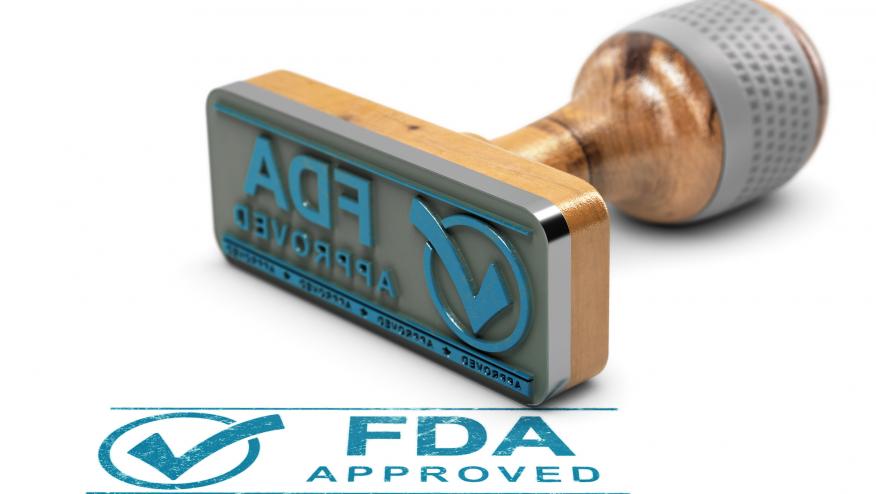FDA Approves Bimekizumab for Plaque Psoriasis Save

UCB announced today that the US Food and Drug Administration (FDA) has approved bimekizumab-bkzx (Bimzelx)) for the treatment of moderate to severe plaque psoriasis in adults who needing systemic therapy or phototherapy.
Bimekizumab (BKZ) is unique in that is a selective dual inhibitor of interleukin 17A (IL-17A) and interleukin 17F (IL-17F). Based on three convincing Phase 3 controlled trials (BE READY, BE VIVID and BE SURE), BKZ has established its efficacy and safety in 1,480 adults with moderate to severe plaque psoriasis. These trials demonstrated that after 16 weeks of BKZ, 85-91% achieved PASI 90 (clear or almost clear skin), and 59-68% achieving a PASI100 (complete clearance of psoriatic skin disease).
The most common adverse reactions (≥ 1%) are upper respiratory infections, oral candidiasis, headache, injection site reactions, tinea infections, gastroenteritis, Herpes Simplex Infections, acne, folliculitis, other Candida infections, and fatigue.
While studies of BKZ have been done in psoriatic arthritis (PsA), BKZ is not FDA approved for use in PsA, as this application is in progress and will not be determined until possibly next next year (2024).
The FDA recommended dosing of bimekizumab for psoriasis patients is 320 mg (given as two subcutaneous injections of 160 mg each) at Weeks 0, 4, 8, 12 and 16, then every 8 weeks thereafter. For patients weighing ≥120 kg, a dose of 320 mg every 4 weeks after week 16 may be considered.
Bimekizumab will be available as an autoinjector or pre-filled syringe in approximately one month (in the USA).
Highlights from the new package insert for Bimzelx:
- Before use: check for TB (PPD or IGRA) and check LFTs, alkaline phosphatase and bilirubin
- Comes as 160 mg syringe or autoinjector
- Dosing: 320 mg (2 subcutaneous injections) at Weeks 0, 4, 8, 12 and 16, then every 8 weeks thereafter. If weighing ≥120 kg, a dose of 320 mg every 4 weeks after week 16 may be considered.
- No Boxed Warning
- Warnings:
- Suicidal ideation
- Infections and TB
- LFT abnormalities
- Inflammatory bowel disease risk
- Risk of serious infections: 0.3%
- Oral candidiasis risk: 9%
- Risk of LFT elevations (>3 fold elevations): 1%
- There is no human pregnancy exposure data or studies (they have established a registry)
- Mean terminal half-life of BKZ is 23 days










If you are a health practitioner, you may Login/Register to comment.
Due to the nature of these comment forums, only health practitioners are allowed to comment at this time.